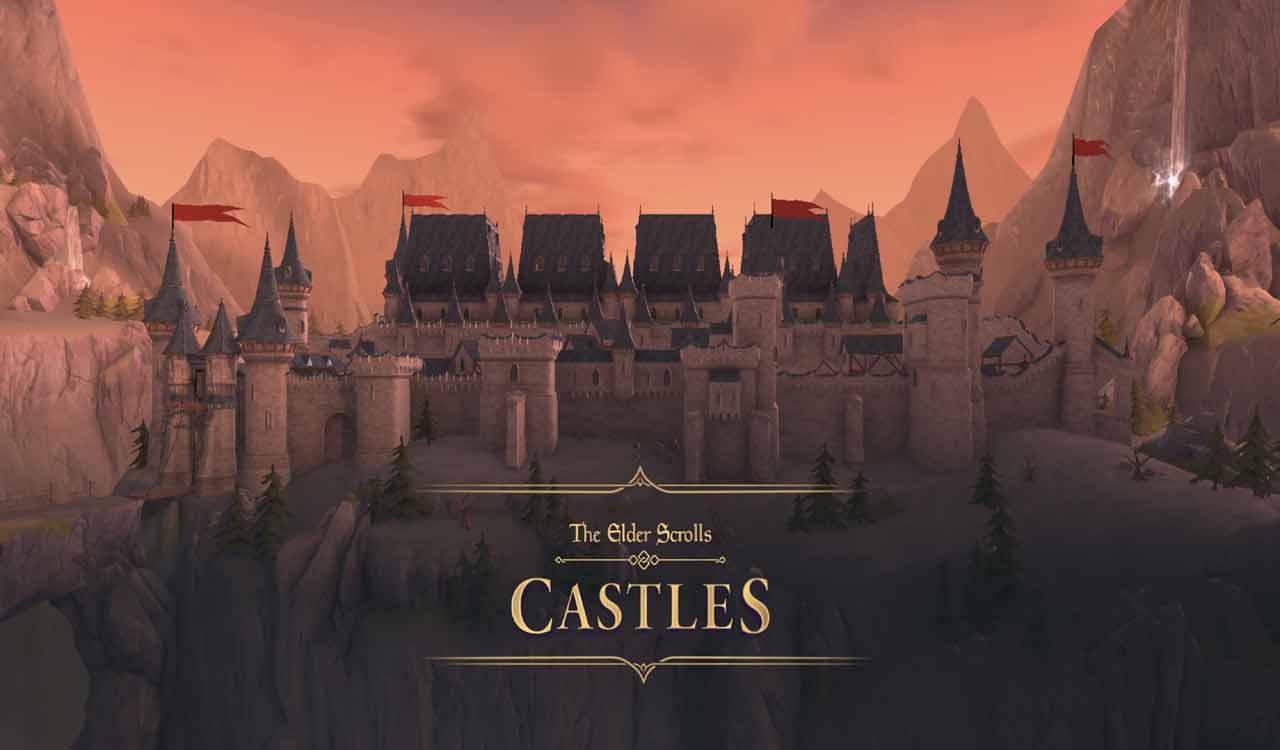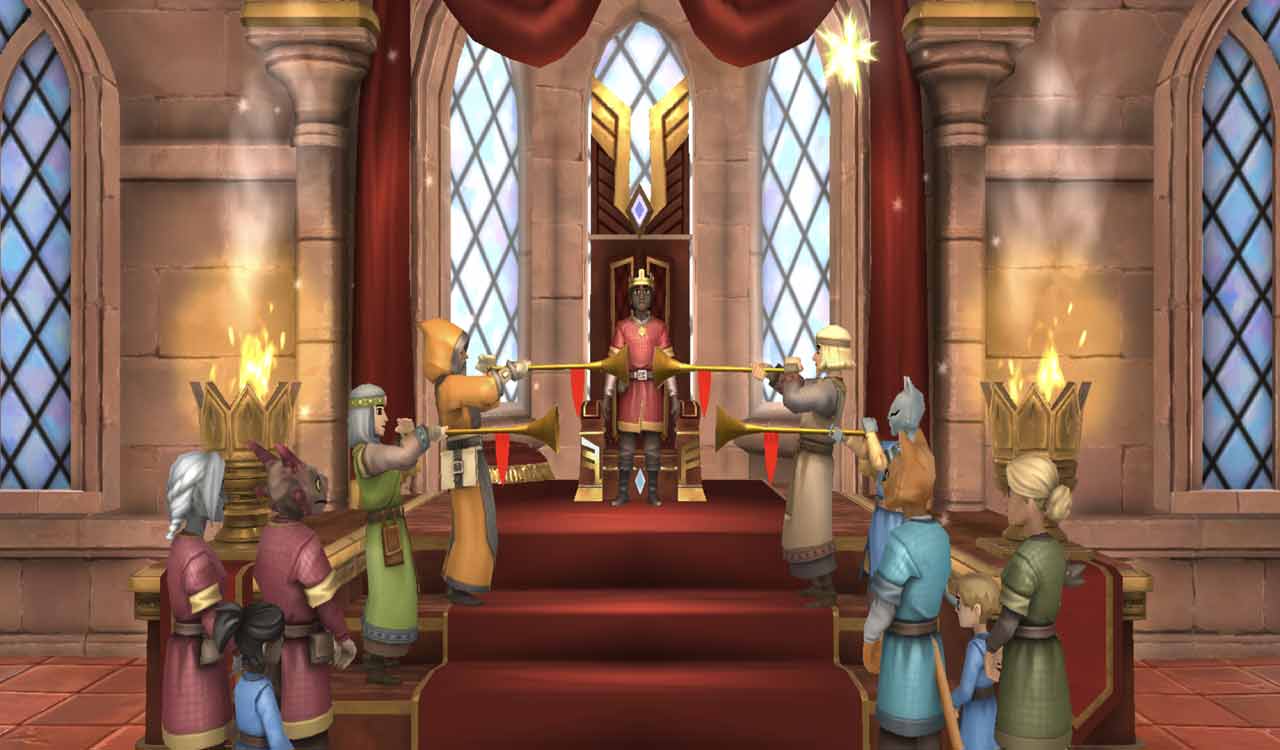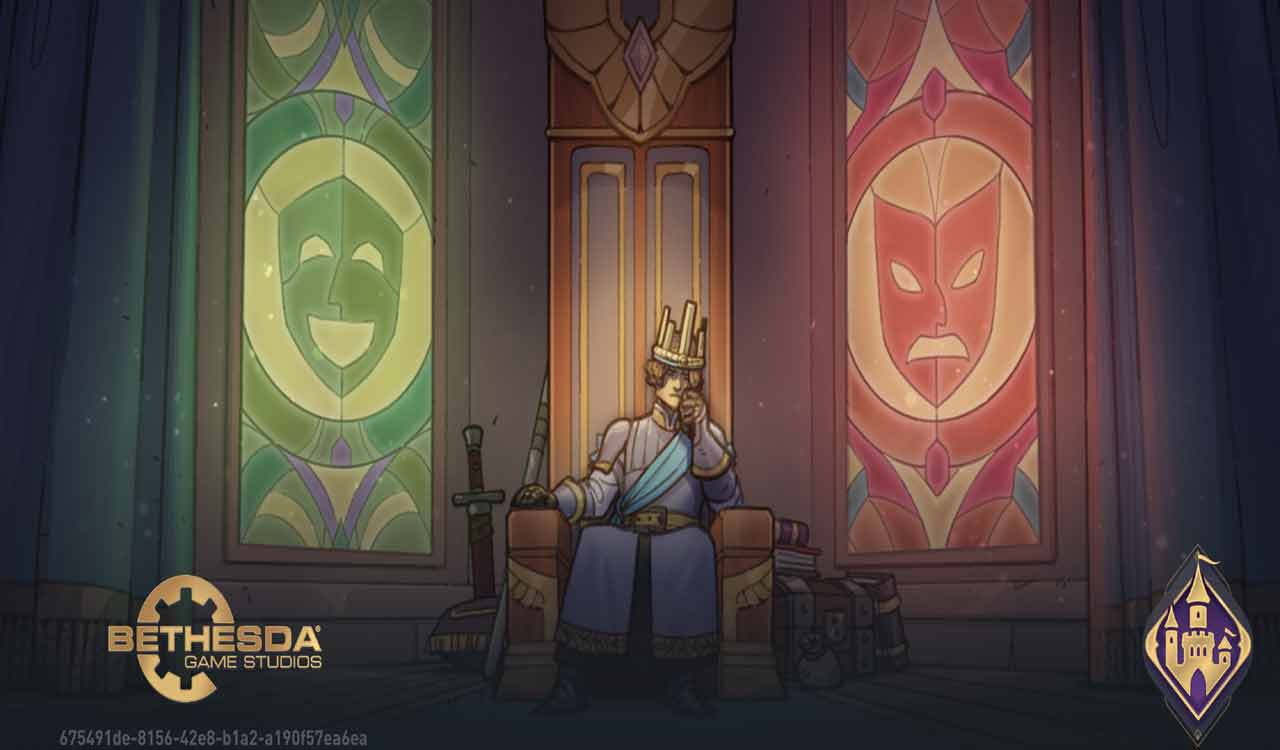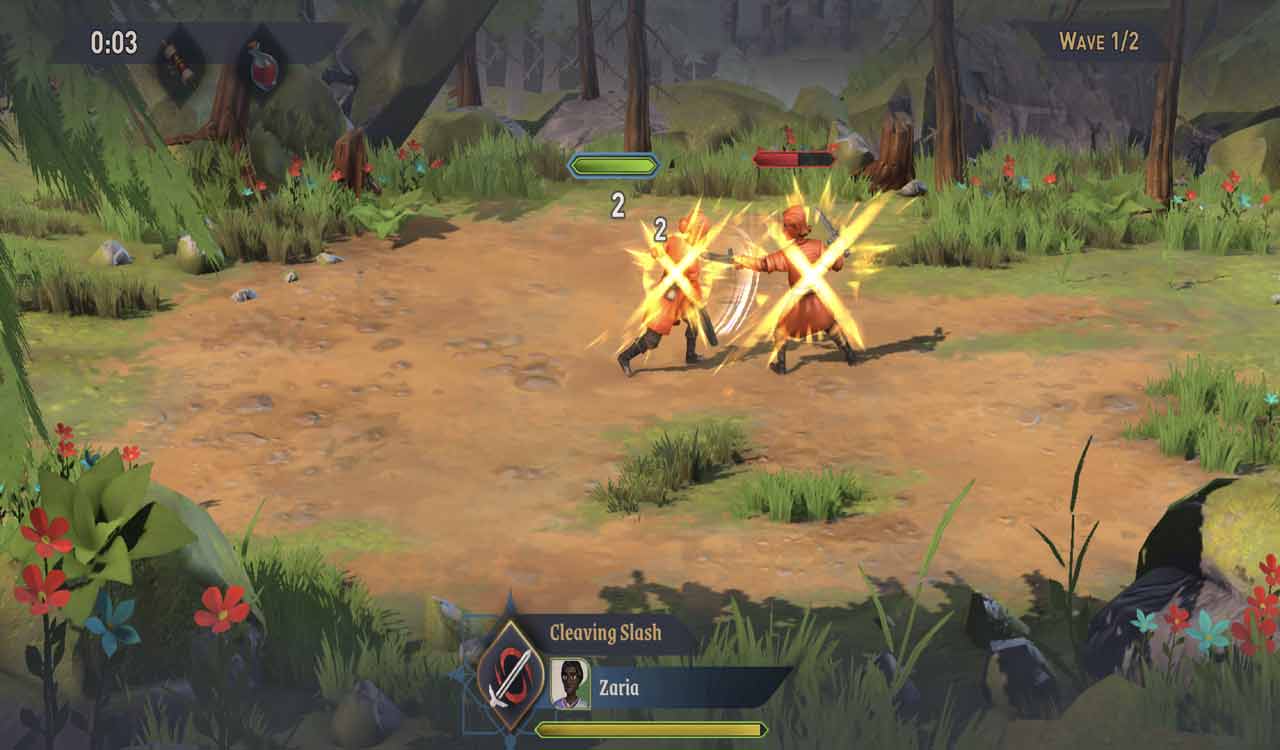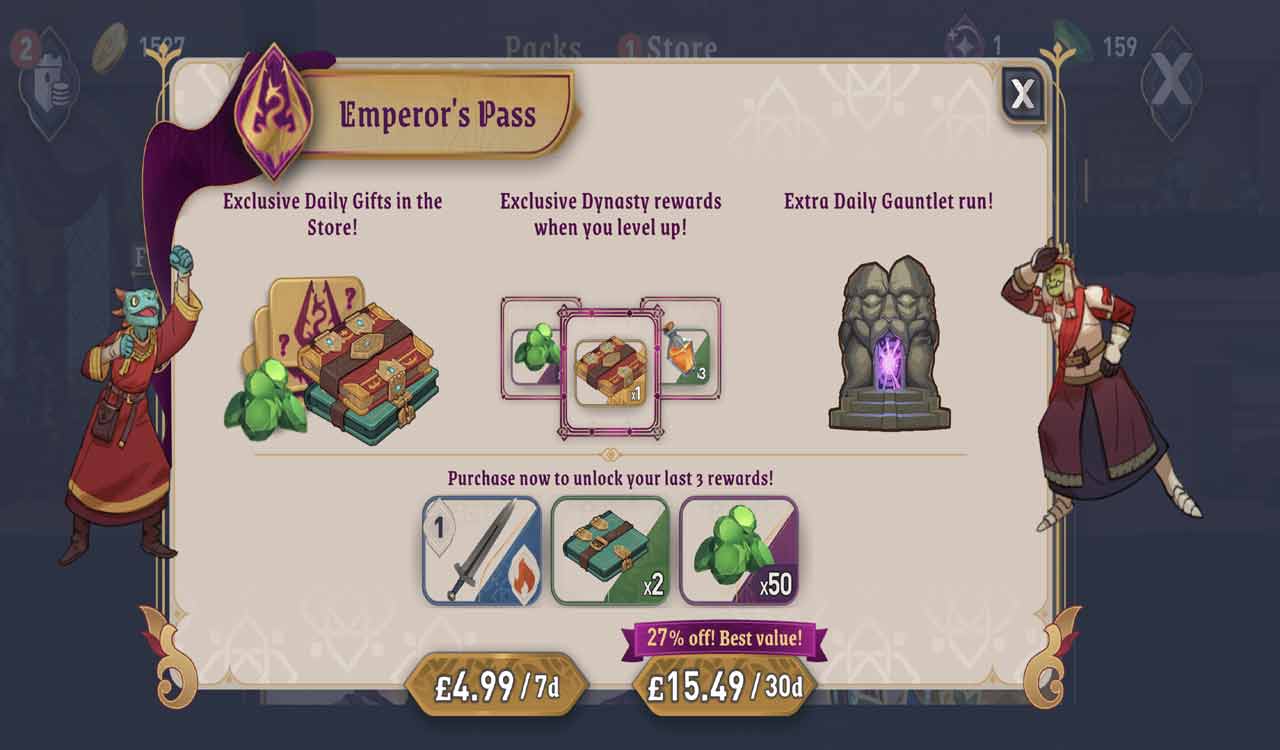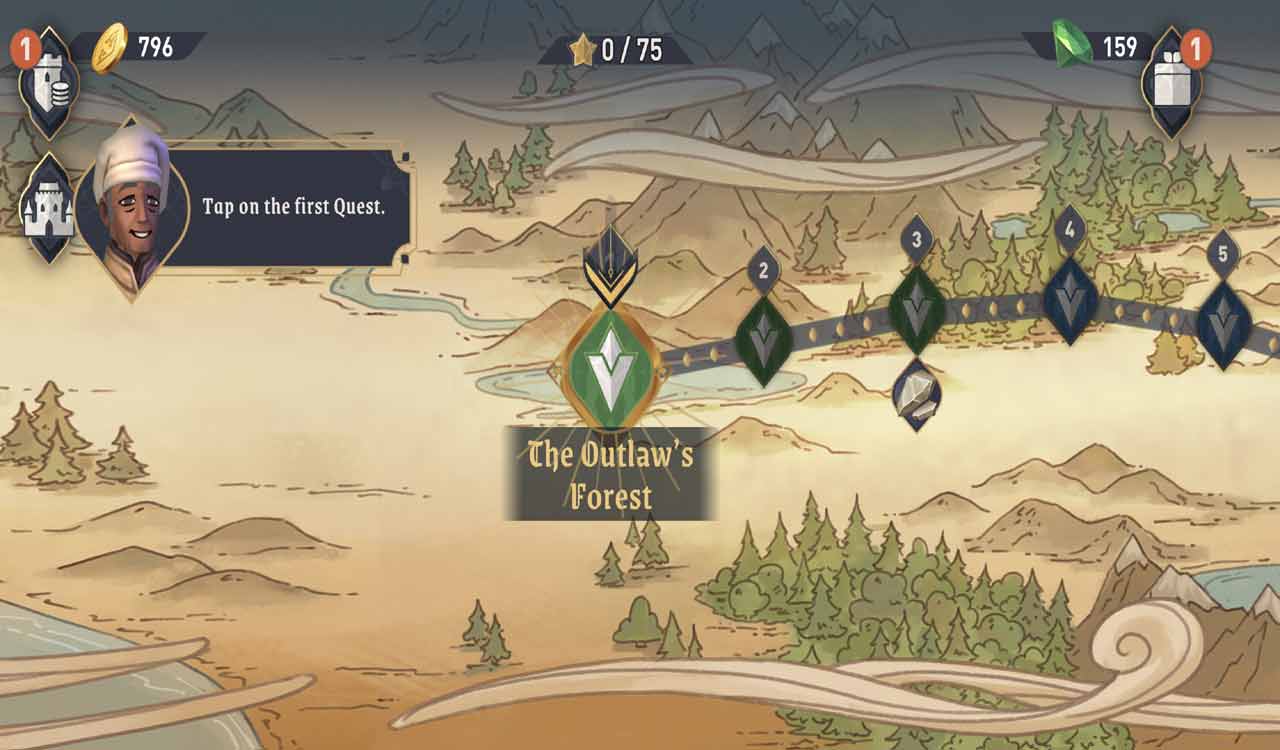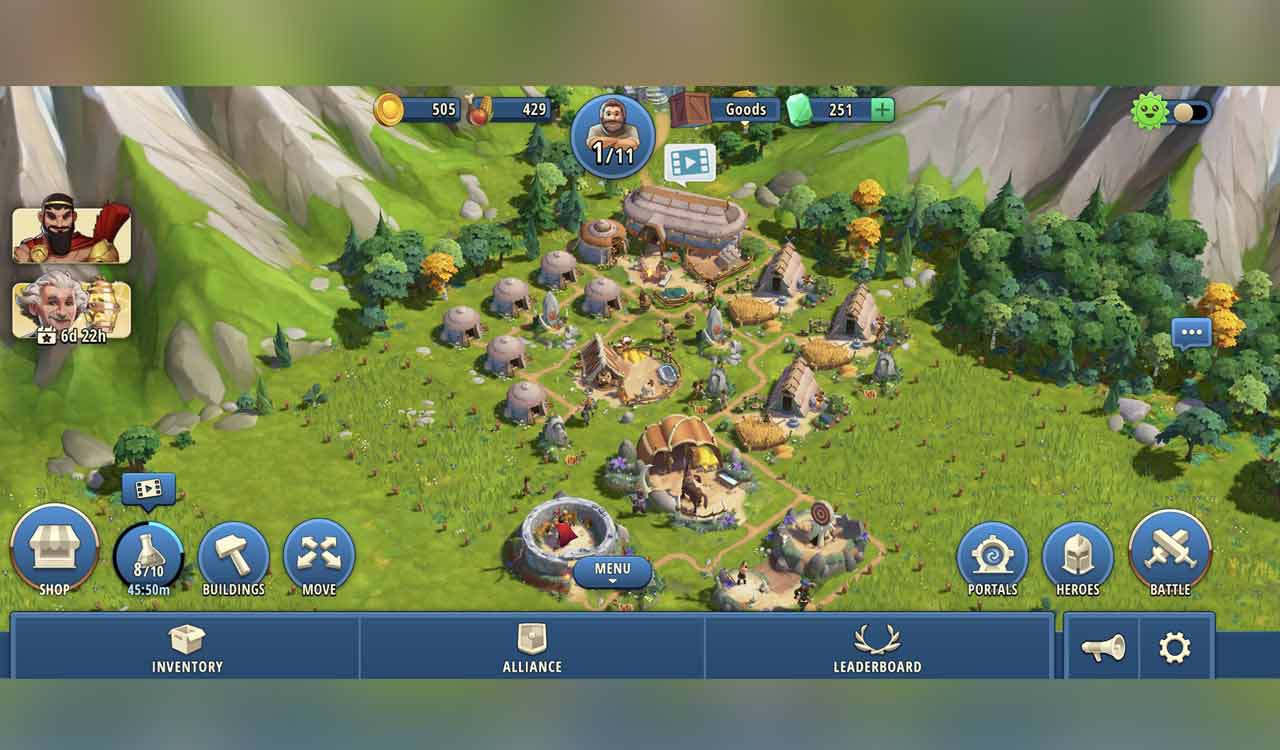Elder Scrolls on Mobile: Does the popular open world magic work?
Not much about Castles’ gameplay is novel up to this stage – however, the Bethesda touch emerges when you begin to make “rulings” and strive to find the right balance to keep all your subjects happy.
Hyderabad: Castles, the third of Bethesda’s experiments with free-to-play (f2p) games in the Elder Scrolls franchise, is a successor to 2017’s card-collecting game, Legends and 2019’s multiplayer Action RPG Blades. A nation-builder in the style of the Age of Empires of old, it combines resource gathering and infrastructure construction with a decision based ruling system in a Fallout Shelter style format.
You build your nation inside the walls of a Castle after succeeding a king (assassinated for a love affair gone wrong) and are expected to guide the nation and its people through the chaos. Building kitchens, oil mills, foundries, sewing machines, and forges is part of the game as you find ways to occupy your citizens and survive on the throne.
Not much about Castles’ gameplay is novel up to this stage – however, the Bethesda touch emerges when you begin to make “rulings” and strive to find the right balance to keep all your subjects happy.
The society in the game is split into commoners and nobility and often a decision that makes one section happy angers the other – the challenge is to keep everyone at a uniform level of satisfaction in order to not be usurped. Time in the game works uniquely, each day you log in is a different year of your reign and the tasks vary accordingly.
The game also offers players login rewards and rewards for leveling up the kingdom. In terms of gameplay, the building mechanics are quite intuitive and the use of staircases and partitions in the castle add a novel touch. However, things get complicated once you begin to engage with your citizens.
The game allows players to construct a bed and a statue of worship. Citizens can either be married at the statue or assigned to the bed to court each other and have children. While the power to decide which citizen could procreate can be difficult to come to terms with for players, children born out of the arrangement need time (i.e. a number of daily logins) to grow into fully functional citizens.
The game allows you to accelerate growth and production using potions, but it is not just unnecessarily complex but also problematic to think about. Similarly, the combat system here is limited to only a few designated citizens, but for the triggering of special moves, it is automated and the entire aspect of the game comes across like an afterthought.
You are not fighting rulers of other castles but waves of enemies in unknown areas for resources and rewards that go into the building and upgrades of new structures.
Castles lacks identity and cohesiveness and thus, offers players very few reasons to login the next day. While it offers a lot of avenues for upgrades in terms of equipment and structures, not all of them are necessary or well thought out.
For example, there is no reason for me to upgrade an iron spoon to level 3,4, and 5 – it is for all matters and purposes a spoon, after all. This is an intricate level of game mechanics that demands unnecessary grinding from players.
Sneak Peek:
Title: The Elder Scrolls: Castles
Developer: Bethesda Softworks
Game Type: Decision making, resource gathering with combat
Platforms: Android and iOS
Price: Free to Play with in game purchases
Verdict (all scores out of 10):
Innovative Gameplay: 6
Game Handling & Quality: 6
Value for Time: 7
Potential Progression without in-game purchases: 8
Overall: 6.75
* What Stands Out
– The fallout shelter style approach to a kingdom is a unique experience. The races from the world of Elder Scrolls are well integrated here.
– The decision-making ruler system is a nice touch and connects to the franchise’s iconic RPG style.
* Fails to impress
– The game lacks identity as it tries to do too much from resource gathering and upgrade building to automated combat.
– The decision-making ruler system is a nice touch and connects to the franchise’s iconic RPG style. The citizen gathering, and allocation to individual productive roles mechanic is a bit overly detailed – as gathering new citizens is often a journey that spans a lot of actual days.
Related News
-
Sandhya Theatre stampede case: Allu Arjun questioned for 3 hours by Chikkadpallly police
40 mins ago -
Telangana: TRSMA pitches for 15% school fee hike and Right to Fee Collection Act
48 mins ago -
Former Home Secretary Ajay Kumar Bhalla appointed Manipur Governor, Kerala Governor shifted to Bihar
51 mins ago -
Hyderabad: Organs of 74-year-old man donated as part of Jeevandan
55 mins ago -
Opinion: The China factor in India-Nepal relations
1 hour ago -
Editorial: Modi’s Kuwait outreach
1 hour ago -
Telangana HC suspends orders against KCR and Harish Rao
2 hours ago -
Kohli and Smith will be dangerous and hungry: Shastri
2 hours ago

